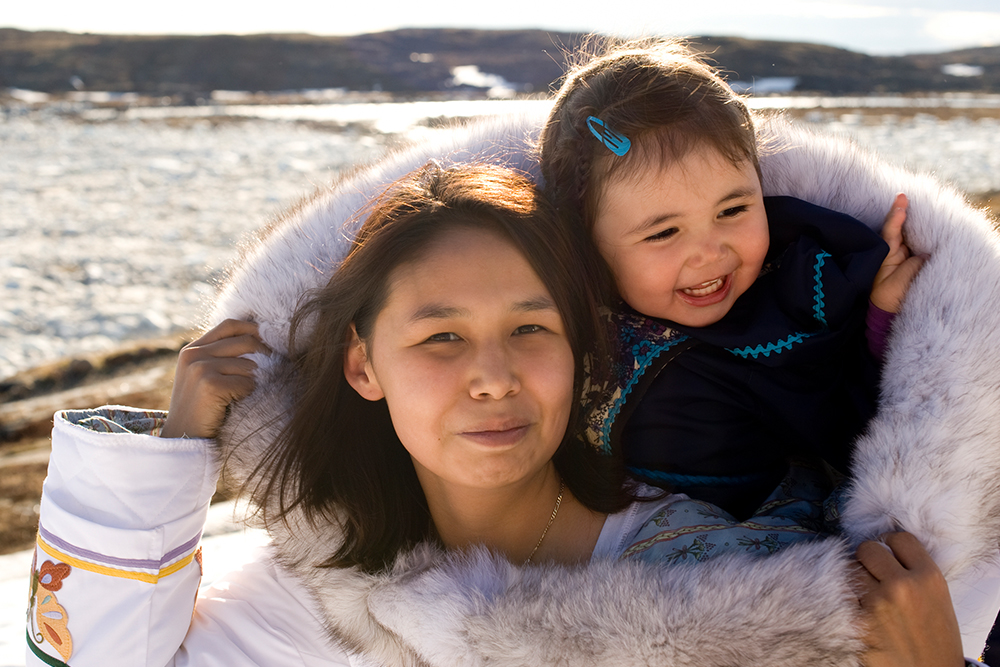Indigenous communities have engaged in review and reflection to understand the impact of decisions and activities on community health and well-being since time immemorial. Indigenous evaluation is a long relied upon practice across many Indigenous communities to adjust and improve community-led efforts.
While Indigenous evaluation approaches have been documented for use in educational settings, for violence prevention, for youth well-being, and for other Indigenous public health outcomes, there hasn’t been an actionable guide for implementing Indigenous evaluation approaches. To help you apply Indigenous evaluation approaches, this training translates Indigenous values and knowledge into a cyclical learning process with actionable steps that teams can work through at their own pace.
Learning Objectives
Learners in this series will:
- Articulate/describe Indigenous evaluation approaches.
- Propose at least one way to involve community members in program design and evaluation.
- Propose at least one way to incorporate multiple forms of knowledge into program design and evaluation.
- Identify how indigenous evaluation approaches can strengthen a program’s effectiveness and community impact.
- Propose at least one way to actively advocate for indigenous evaluation approaches in Western settings.
Intended Audience
Local, state, and tribal public health professionals; cross-sector partners in population health interventions; tribes; community partners
Format
This training consists of text and activities.
Accessibility
This training is delivered in a 508-compliant interface. During development of this training, we attempted to make the content accessible to individuals using screen readers. If you encounter trouble accessing the instructional materials by screen reader, or need any other accommodations in order to access the instructional materials, please contact NWCPHP, and we will do our best to make sure the content is accessible to you.
Presented in collaboration by:



